|
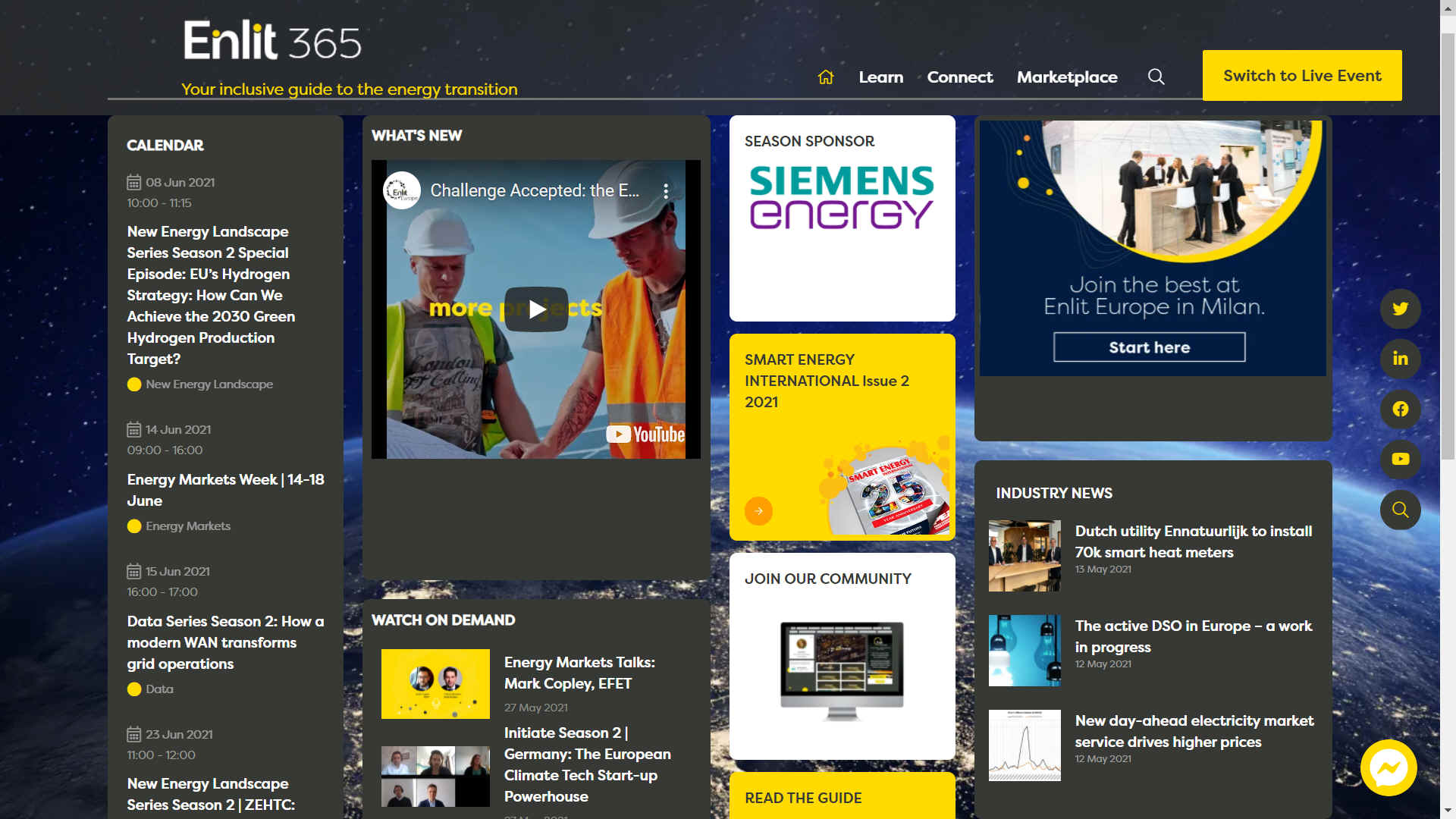
Clarion’s Energy portfolio covers power generation, transmission and distribution, capital markets and investment through to resource extraction and processing in both mature and emerging geographies.
The
EU is clear that green hydrogen is a priority for achieving the European Green Deal and a clean energy transition because it offers the potential to bridge the gap between renewables-based
electricity production and decarbonising the majority of the bloc’s energy consumption by
2050, in line with SDG
13.
July 2020 marked a genuine milestone with the release of the EU Hydrogen Strategy which sets out the pathway to make this a reality, and represents the first step towards creating the necessary regulatory framework for a European hydrogen market.
At the heart of the EU Hydrogen Strategy is the build-up of green hydrogen production capacity via a phased approach up to 2050. In Phase 1, at least 6 GW of renewable-based
electrolysers needs to be installed by 2024, while in Phase 2, that jumps to 40 GW.
Although the phased approach is sensible, Phase 2, in particular, has raised some concerns since Europe’s current electrolyser production capacity is said to be less than 1 GW per year.
With this in mind, how can the 2030 target for green hydrogen production be achieved?
ENLIT's (Clarion Energy) expert panel will seek to answer this question by exploring a host of related areas, including:
• How quickly and easily can an electrolyser’s capacity be scaled above 10 MW?
• How can electrolysers’ CAPEX be reduced further and quicker?
• How can the ‘demand vs. volume to reduce cost’ conundrum be solved?
• How vital is it to attract greater private investment?
• Is there a perception of a lack of ROI by financiers that needs to be addressed?
• Should green hydrogen have a feed-in tariff-based support scheme?
• Will the Covid-19 pandemic have slowed the required production ramp-up?
New Energy Landscape Series Season 2 Special Episode: EU’s Hydrogen Strategy: How Can We Achieve the 2030 Green Hydrogen Production Target?
08 Jun 2021
10:00 - 11:15 CEST
Hear from these speakers:
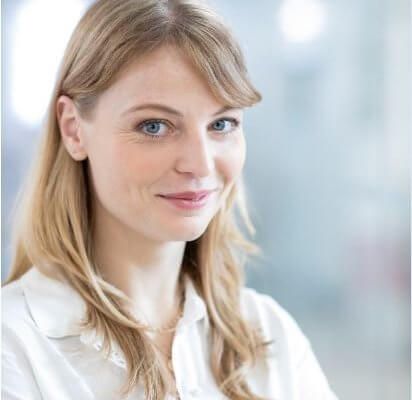
Carina Krastel,
(speaker) Commercial Director at the European Green Hydrogen Acceleration Centre (EGHAC):
"We can only decarbonise energy-intensive industries sustainably when taking a value-chain approach. Discussions should focus on the premium of the end-product and not on the price of hydrogen." -
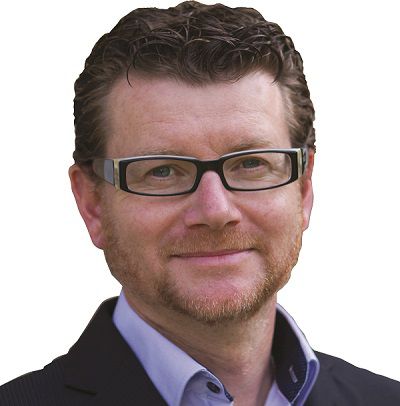
Moderator - Kelvin Ross, Editor-in-Chief - Power Engineering International
Speakers
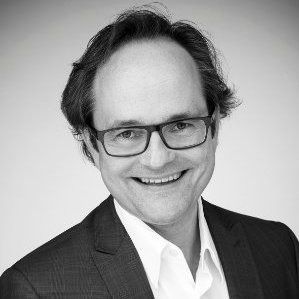
Henning Joswig, Head of New Technologies - RWE Technology International GmbH

Lisa Willnauer, Project Director Hydrogen - RWE Generation SE
Jonathan Robinson, Global Power & Energy Research Director - Frost & Sullivan
€1
BILLION CALL The European Commission launched a €1 billion call for research and innovation projects that respond to the climate crisis and help protect Europe's unique ecosystems and biodiversity. The Horizon 2020-funded European Green Deal
Call, will spur Europe's recovery from the coronavirus crisis by turning green challenges into innovation opportunities.
Mariya Gabriel, Commissioner for Innovation, Research, Culture, Education and Youth said: “The €1 billion European Green Deal call is the last and biggest call under Horizon 2020. With innovation at its heart, this investment will accelerate a just and sustainable transition to a climate-neutral Europe by 2050. As we do not want anyone left behind in this systemic transformation, we call for specific actions to engage with citizens in novel ways and improve societal relevance and impact.”
This Green Deal Call differs in important aspects from previous Horizon 2020 calls. Given the urgency of the challenges it addresses, it aims for clear, discernible results in the short to medium-term, but with a perspective of long-term change. There are fewer, but more targeted, larger and visible actions, with a focus on rapid scalability, dissemination and uptake.
The projects funded under this call are expected to deliver results with tangible benefits in ten areas:
Eight thematic areas reflecting the key work streams of the European Green Deal:
• Increasing climate ambition
• Clean, affordable and secure energy
• Industry for a clean and circular economy
• Energy and resource efficient buildings
• Sustainable and smart mobility
• Farm to fork
• Biodiversity and ecosystems
• Zero-pollution, toxic-free environments
And two horizontal areas - strengthening knowledge and empowering citizens, which offer a longer-term perspective in achieving the transformations set out in the European Green Deal.
The €1 billion investment will continue building Europe's knowledge systems and infrastructures. The call includes opportunities for international cooperation in addressing the needs of less-developed nations, particularly in Africa, in the context of the Paris Agreement as well as the
Sustainable Development Goals (SDGs).
The deadline for submissions was 26 January 2021, with selected projects expected to start in autumn 2021.
A Horizon 2020 Green Deal Call Info Day & Brokerage event took place as part of the virtual European Research & Innovation Days
from 22-24 September 2020.
BACKGROUND
The European Green Deal is the European
Commission's blueprint and roadmap to make Europe the first climate neutral continent by 2050, with a sustainable economy that leaves no one behind.
To reach this 2050 goal, action will be required by all sectors of our economy, including:
- investing in environmentally-friendly technologies;
- supporting industry to innovate;
- rolling out cleaner, cheaper and healthier forms of private and public transport;
- decarbonising the energy sector;
- ensuring buildings are more energy efficient;
- working with international partners to improve global environmental standards.
CONTACTS
Clarion Energy
Bisonspoor 6000,
Maarssen, 3605 LT
Netherlands Telephone: +31 346 590 901
Email: service@enlit-europe.com
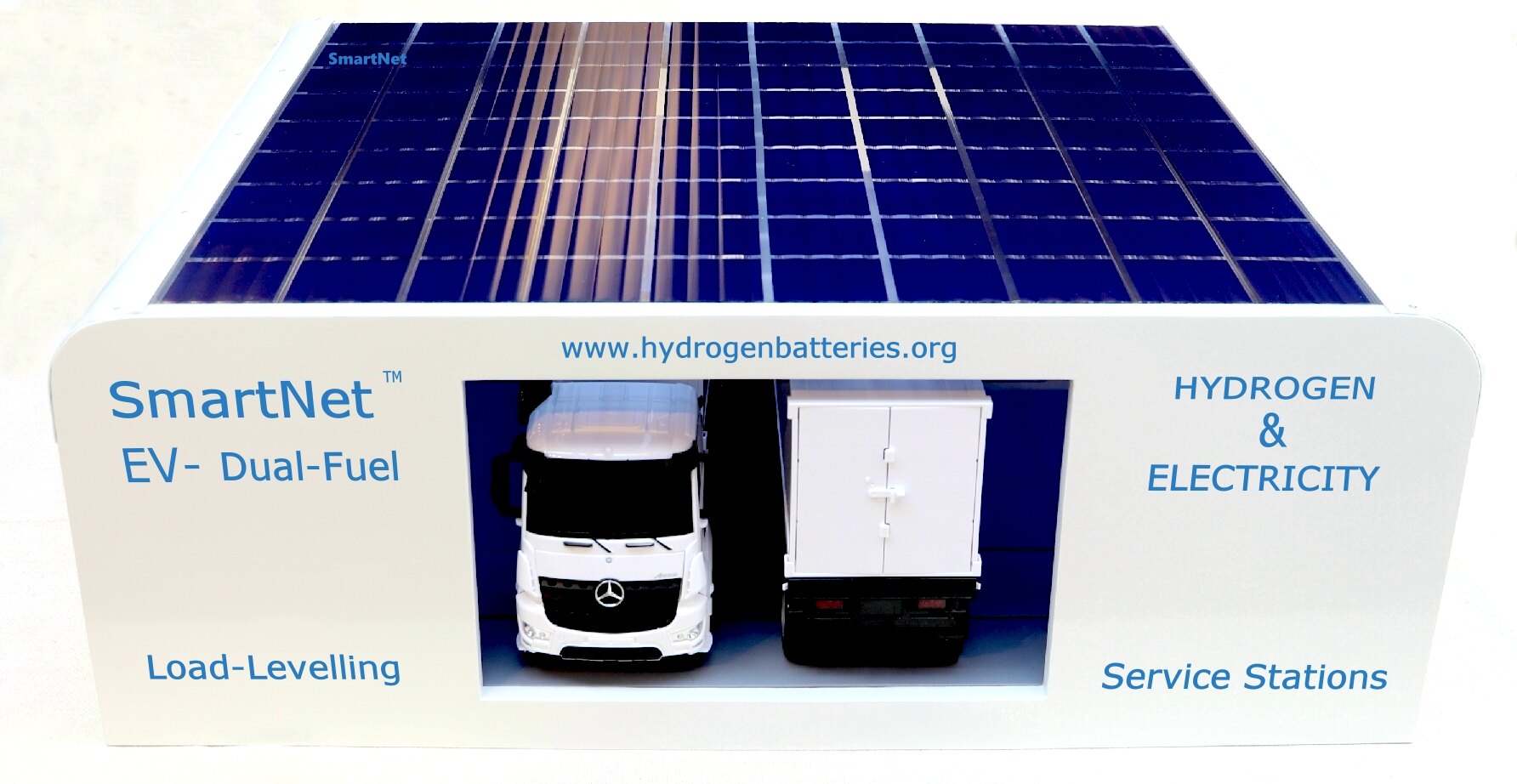
POTENTIAL
GREEN HYDROGEN BOOSTER - The same service station that provides freshly charged 'green
hydrogen' batteries, doubles up as an energy store for the national grid of
the country concerned, boosting 'green
deal' hydrogen production, and reducing CAPEX. That's the beauty of
versatile servicing (dual
fuel capability, multi-functionality) as flat-packed service stations making E-Mobility more
affordable. These units also supply electricity for conventional rapid
(plug-in) charging and hydrogen gas filling - all in one unit - with the
kicker being automated energy exchanges for robotrucks
and taxis,
where there are no people in these autonomous transport chains to effect
refills.
The
picture above is a 1:20 scale model, so don't get too excited and try to
place an order. We need your help to get to the full-size demonstration
stage, perhaps via a consortium - as a hop-on partner.
This
is a 3.6 - 7.2MW station design at present. You'd need 135 of these beauties
to = the 1GW current EU capacity. So 810 units in Europe to satisfy 'Phase
1' (6GW) by 2024. 'Phase 2' would need 5,400 SmartNet™ stations to equal
40GW by 2030. Subject to confirmation during RIA R&D, it could be that
these smart service facilities are part of the solution that Europe seeks in
meeting their green hydrogen targets.
There
are 600,000 fossil
fuel stations in the world that need to be replaced to eliminate our
reliance on ICE
vehicles in the long term. We are not saying we don't need diesel. We need
to work with stakeholders to ensure a smooth transition, hoping for the
reciprocal.
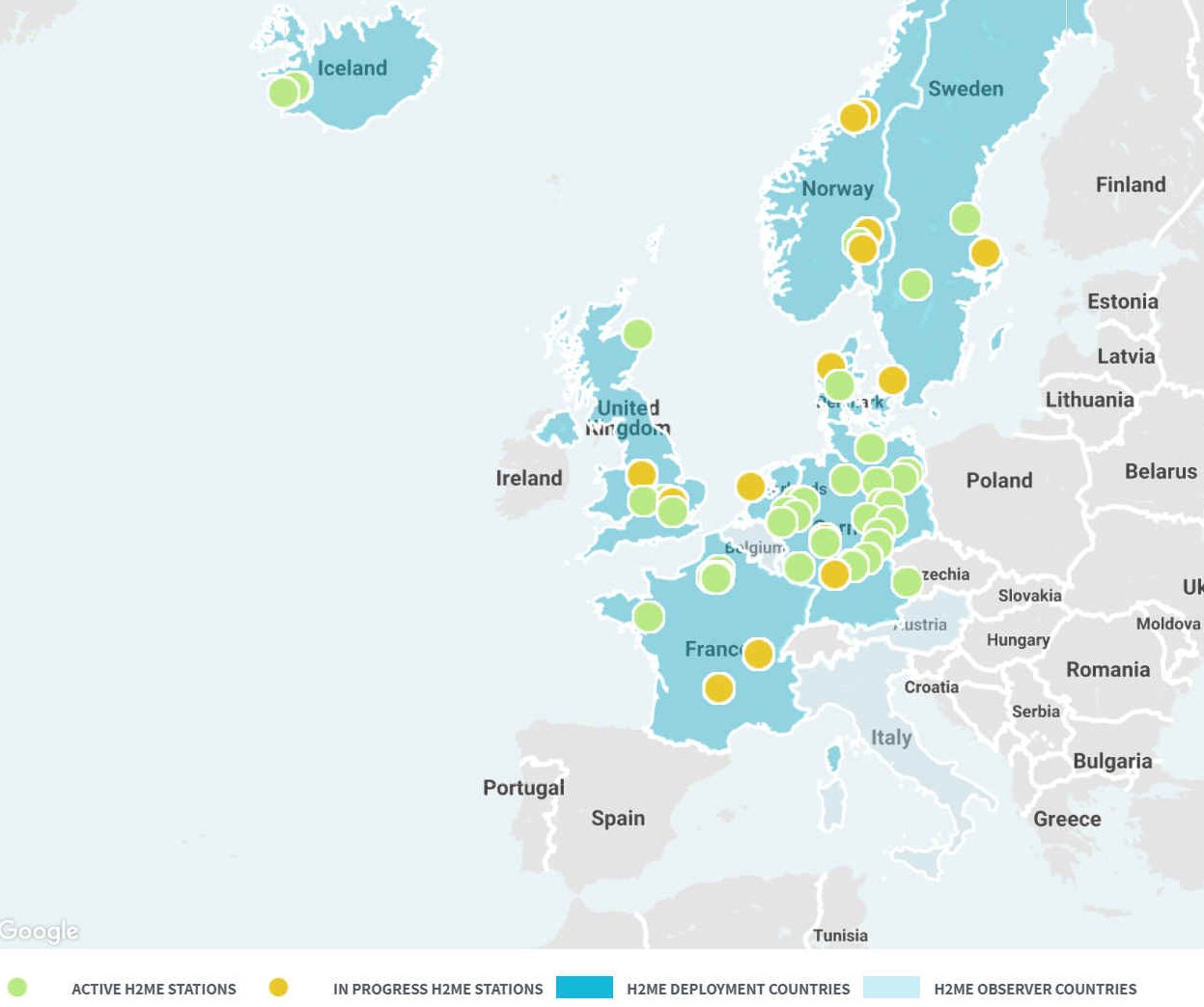
HYDROGEN
MOBILITY EUROPE (H2ME) PHASE 1 - EMERGING CONCLUSIONS
14 JAN 2021
The H2ME initiative is a flagship European project, deploying hundreds of fuel cell hydrogen cars, vans and trucks and the associated refuelling infrastructure, across 8 countries in Europe.
It will create the first truly pan-European network, and the world’s largest network of hydrogen refuelling stations.
Rather strangely, although the United Kingdom is included in the H2ME
project, the country is specifically excluded from the European Clean
Hydrogen Alliance, following Brexit. It's almost as though the wartime
enemies, France and Germany, have clubbed together in some kind of hydrogen
cold war, contrary to the express provisions of the Paris Agreement and
United Nations SDGs. As you can see from the map, Germany is leading the
charge in hydrogen service stations.
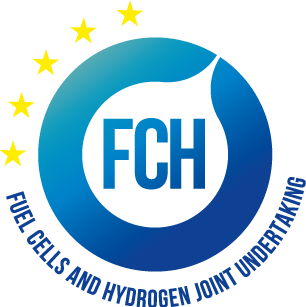
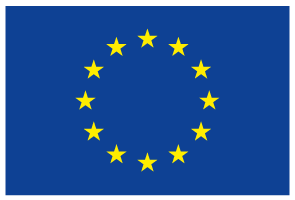 LINKS
& REFERENCE - Please note that links change with time & may not
still be live
https://www.enlit-europe.com/calendar/register-for-a-live-episode-eus-hydrogen-strategy
https://www.enlit-europe.com/365
Please
use our A-Z
INDEX to navigate this site
This
website is provided on a free basis as a public information service.
copyright © Climate Change Trust 2021. Solar
Studios, BN271RF, United Kingdom.
| 







